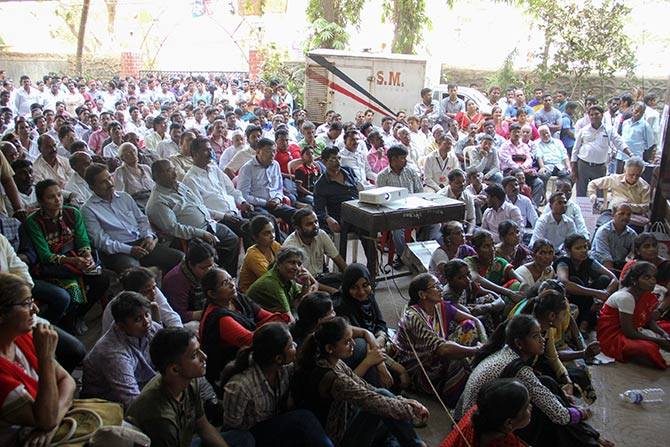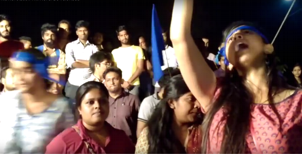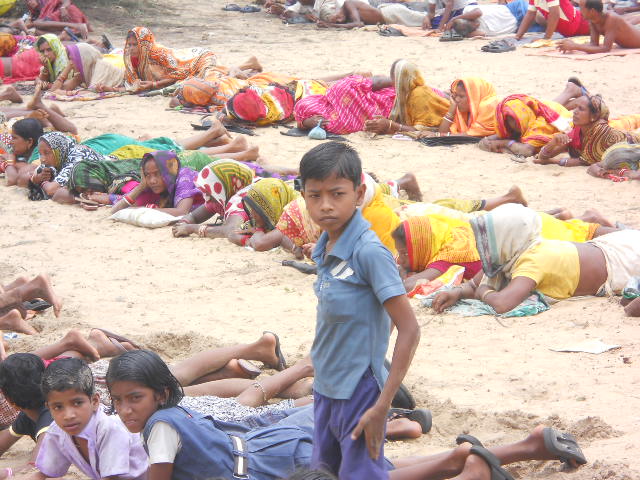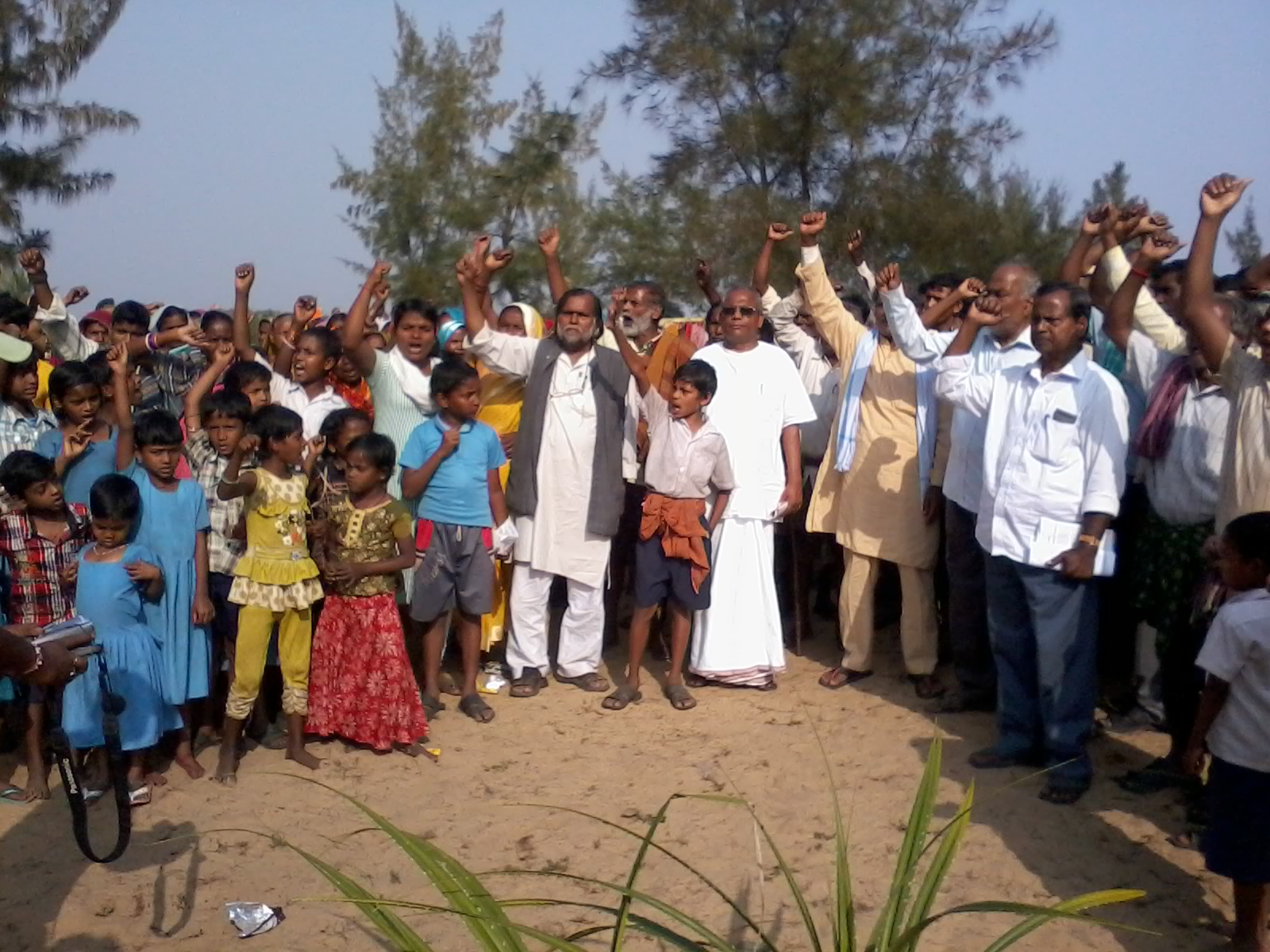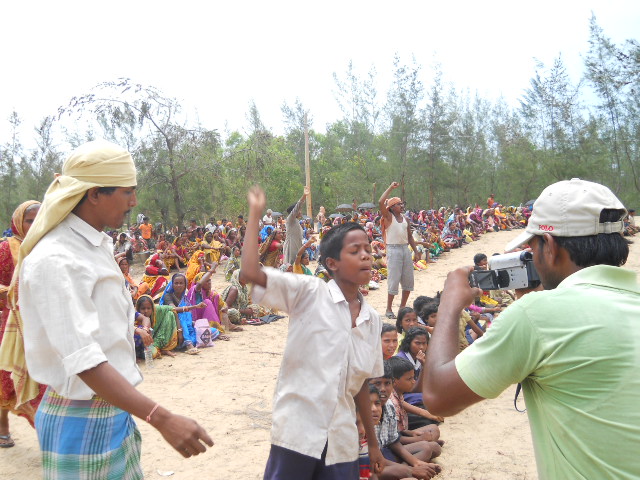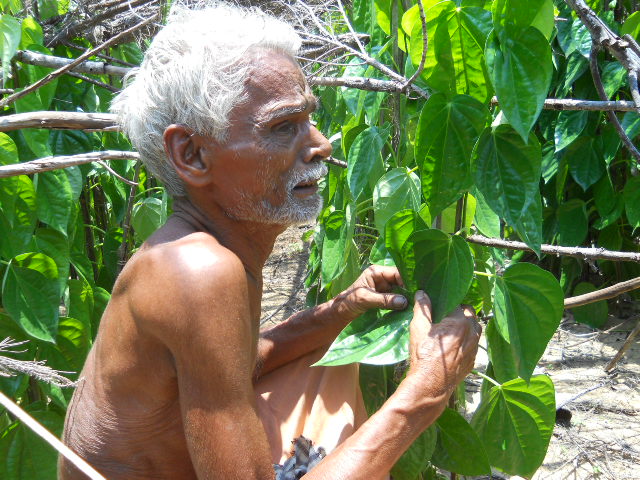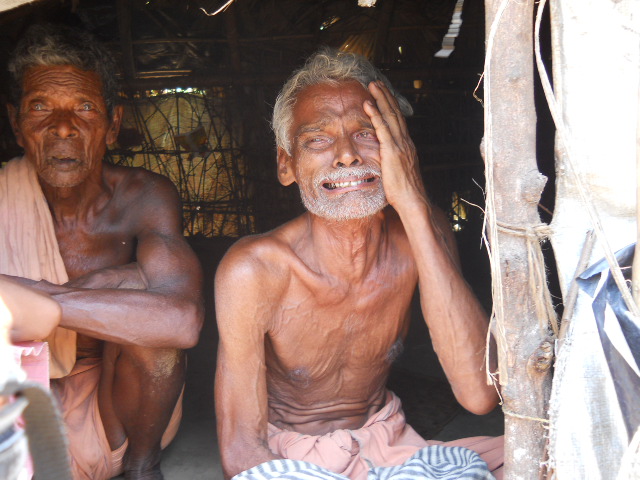Kanhaiya Kumar assaulted by an alleged BJP supporter who tried to strangulate him on board a Mumbai-Pune flight
Jet Airways off-loaded Kumar and the alleged attacker, Manas Deka, at the Mumbai airport for operational safety.
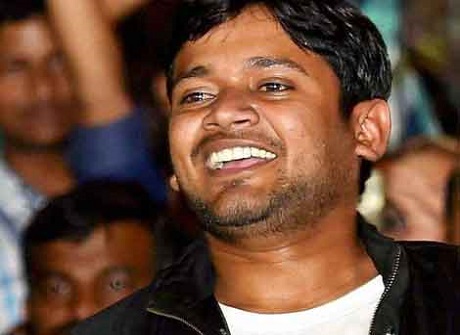
Nehru Students' Union President Kanhaiya Kumar was attacked by a co-passenger inside a Jet Airways flight on Sunday. He was asked to get off the flight along with Manas Deka, the man who allegedly tried to strangle him. Jet Airways' official statement said some guests on board the Mumbai-Pune flight were off-loaded at the Mumbai airport for operational safety. This is the latest in a series of threats and attempted assaults on the JNU students’ union president.
Deka is believed to have ties with the Bharatiya Janata Party. One person has been detained in the case, the Mumbai police said. Kumar's associates confirmed to The Times of India that he was filing an FIR with the police. The student leader was on his way from Mumbai to Pune to attend a programme at the Film and Television Institute of India. The issue that led to the incident is not known yet. He said on Twitter that a man tried to strangulate him inside the flight. In a series of tweets that followed, he slammed the airlines for not taking any action against the other person involved in the incident.
On April 18, two people were arrested for sending a death threat to Kumar and student activist Umar Khalid.
Yet again, this time inside the aircraft, a man tries to strangulate me. — Kanhaiya Kumar (@kanhaiyajnusu) April 24, 2016 Some guests on board this morning's flight Mumbai to Pune were off loaded at Mumbai airport in interest of operational safety:
Jet Airways — ANI (@ANI_news) April 24, 2016
Basically @jetairways sees no difference between someone who assaults nd d person who is assaulted. They will deplane you, if you complain. — Kanhaiya Kumar (@kanhaiyajnusu) April 24, 2016
Kumar was sitting in a middle seat, his friend Nishant who was travelling with him told the media. The incident occurred before the plane took off. “The man in the window seat was talking on the phone, we heard him say things like ‘I will take care of it as soon as I get a chance'” he said. “Then he suddenly got up, while still on the phone, and put one hand around Kanhaiya’s throat and started pressing. When Kanhaiya tried to remove the hand, the man dropped his phone and grabbed Kanhaiya’s throat with both hands. By then, those of us travelling with Kanhaiya realised what was happening and managed to pull him off. Then security came, along with the Jet Airways pilot, and insisted that all of us get off the plane as we were ‘security threats’.”
Kumar and his fellow travellers are registering an FIR against the accused, who is currently in police custody at Mumbai airport. “He [the attacker] was travelling with several others, but the others were not asked to deplane,” Nishant added. The alleged attacker has apparently been identified as Manas Deka, who works for Tata Consultancy Services.
Kumar has also tweeted about the event.
Yet again, this time inside the aircraft, a man tries to strangulate me.
— Kanhaiya Kumar (@kanhaiyajnusu) April 24, 2016
Basically @jetairways sees no difference between someone who assaults nd d person who is assaulted. They will deplane you, if you complain.
— Kanhaiya Kumar (@kanhaiyajnusu) April 24, 2016
Manas Deka, works in TCS, a strong BJP supporter assaulted me inside the aircraft. Is assault the only tool you have, to fight dissent?
— Kanhaiya Kumar (@kanhaiyajnusu) April 24, 2016
Kumar has received multiple threats ever since he was branded as “anti-national” by certain groups after an event in JNU on February 9. He was attacked by a group of lawyers when presented at Patiala House court on February 17, attacked and abused within the JNU campus by an outsider on March 10 and had slippers and shoes thrown at him in Nagpur on April 14. A Meerut based politician Amit Jani has issued several threats to Kumar as well as JNU student Umar Khalid, and allegedly planted a threat letter and pistol in a DTC bus that enters JNU.
Kumar’s police security has been increased after all of these threats, and was with him until he was dropped to the airport in Mumbai.

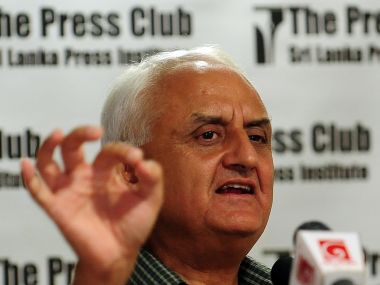
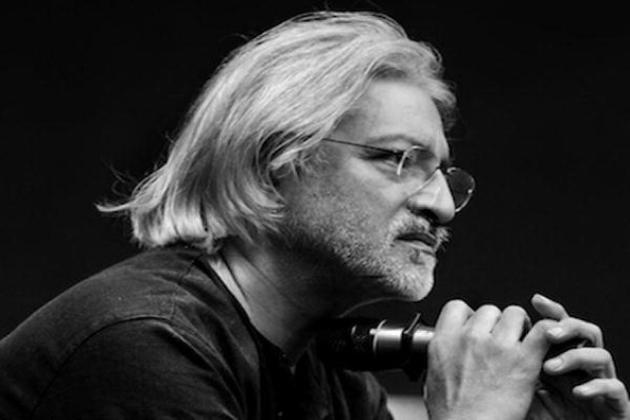
.jpg)
